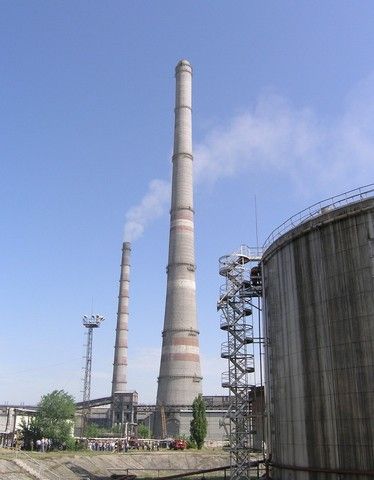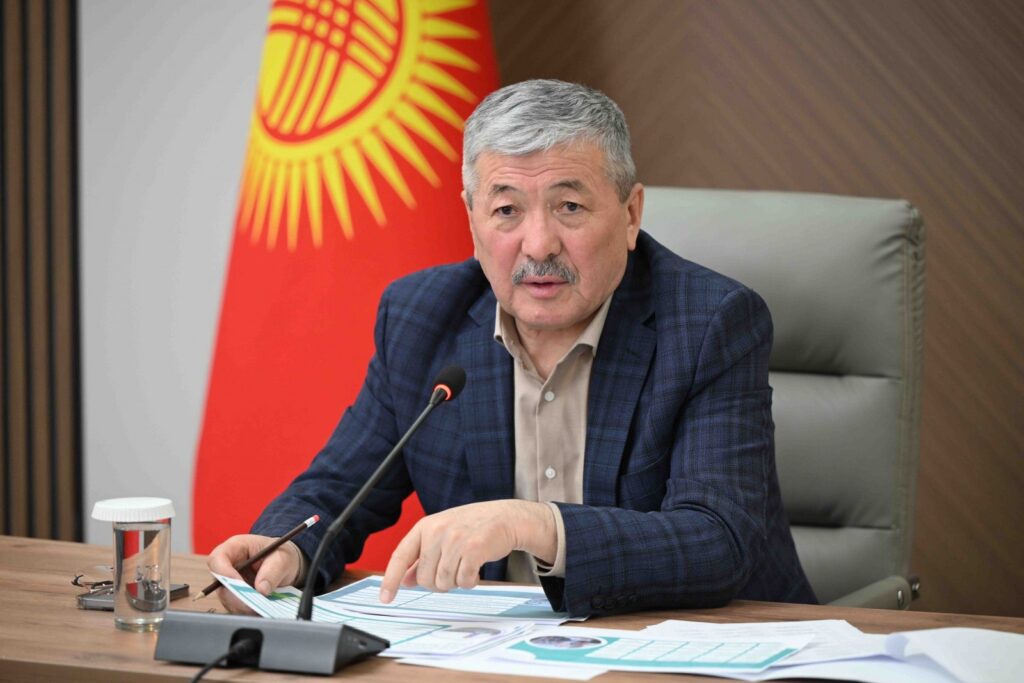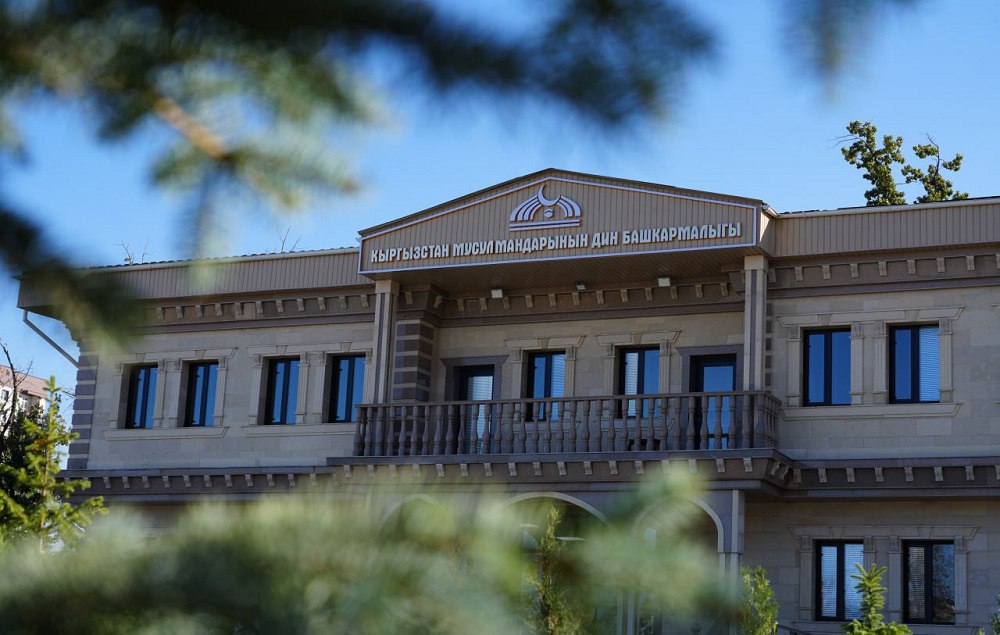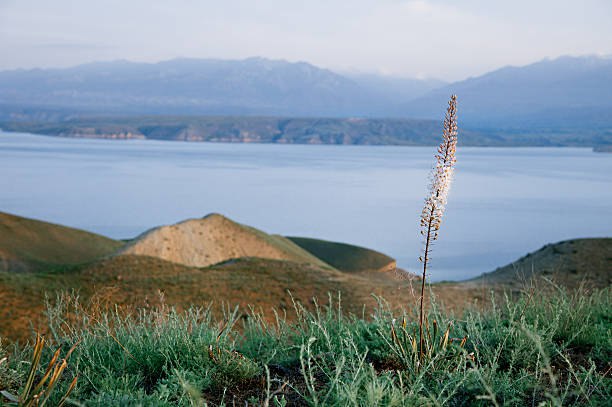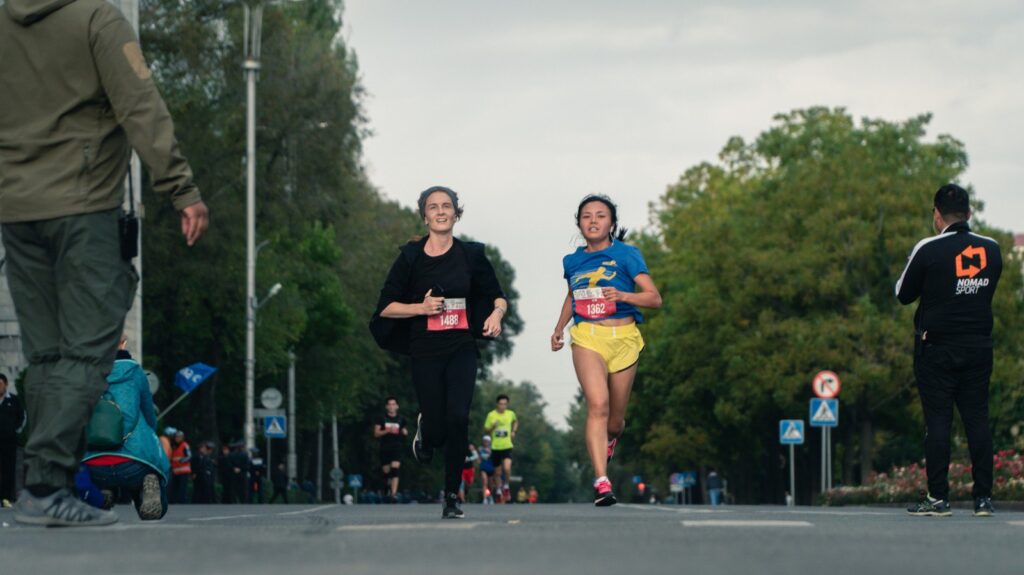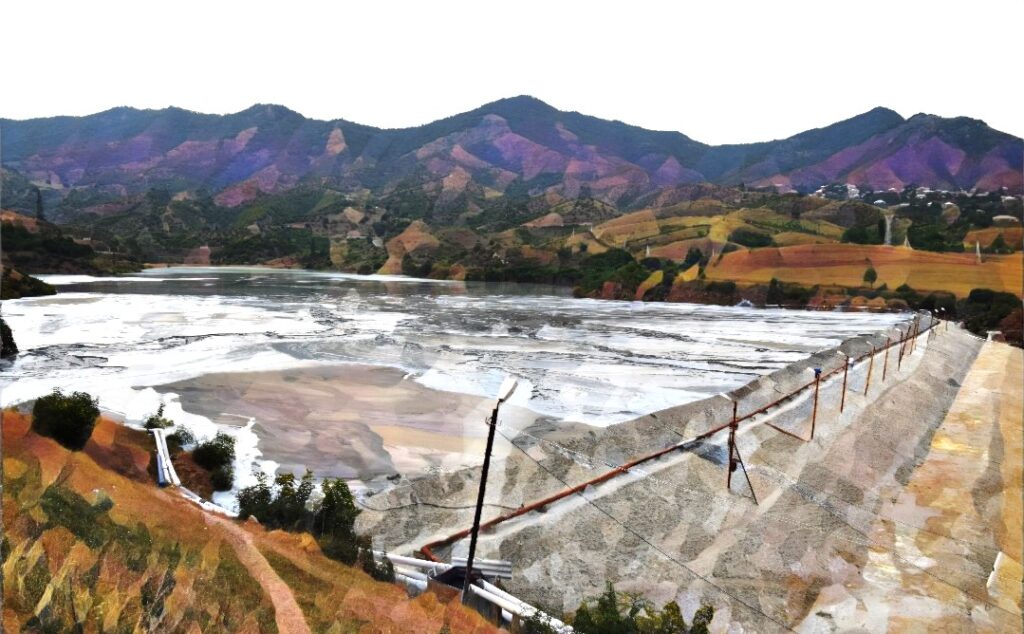BISHKEK (TCA) — Environmentalists are asking the President of Kyrgyzstan to declare 2019 the year of ecology. This was announced at the recent roundtable on air pollution problems in the capital Bishkek. Parliament members, representatives of the Achyk Asman (Clean Air) youth environmental movement, civil society, and the media took part in the discussions.
It is encouraging that industrial production is developing in the country, mainly at small enterprises, but they often do not take into account environmental aspects. The State usually draws attention to the environment only when problems arise, Achyk Asman head Ermek Adylbekov said.
Kyrgyzstan remains among the seldom countries in the world where nature is still relatively well preserved. It would be a big mistake of the Government and an irreparable loss for the nation if the environment deteriorates as a result of human negligence and mismanagement, MP Dastan Bekeshev said.
Kyrgyzstan is an agrarian country. But even the development of agriculture leads to a deterioration of the ecological situation in the country. Incorrect cultivation of arable land, introduction of pesticides, outdated irrigation and drainage systems, which have not been updated since Soviet times – all this negatively affects the ecological situation in Kyrgyzstan, Bekeshev said.
The MP also expressed outrage at the way the country uses clean water. “We mindlessly use drinking water spending it for washing cars and other things,” he said.
Cutting trees
The Bishkek authorities are massively cutting trees, which leads to environmental degradation in the city, said the head of the Green Party movement Erkin Bulekbaev.
In 2017, about three thousand trees were cut down for the expansion of roads, which caused discontent from environmentalists and local residents. Bishkek authorities explained that the firewood was given to poor families, as well as the felled trees were sold and the money has been spent for the city’s needs. Last year, 2,938 trees were felled in Bishkek, of which 840 trees were in emergency, the city administration clarified.
However, residents and activists suspected city officials of corrupt sales of timber for their own benefit.
Environmentalists believe that mass tree cutting will affect the ecology and health of Bishkek residents.
According to the city administration, instead of cut down trees they planted more than 10,000 seedlings. However, most of those seedlings did not take root.
No matter how many trees are planted, this will not change anything, because the problem is in the competence and professionalism of the city officials, well-known environmental scientist Emil Shukurov said. Landscapers kill the environment, primarily by their incompetence, he added. Many of the imported seedlings could not accommodate to local natural conditions, because they are designed for another environment, he explained.
The trees bought by the city administration are dozens of times more expensive than local trees, so they cannot afford to landscape the whole city, but some specific areas only.
All trees in the city grew out of ordinary seedlings. This means that previous landscapers knew how to grow them, while the current ones do not cope with their work, Shukurov said. The officials say that 50-year-old trees have outlived their time, and they need to be demolished. Meanwhile, the life expectancy of a tree with proper care reaches almost 100 years. Shukurov blamed the city authorities “who turn our Bishkek into a sawmill”.
Transport
Transport is the main cause of air pollution, followed by heating in the private sector and construction, Daniyar Sulaimanov, head of the Sanitary and Environmental Inspection of the Bishkek administration, said.
According to the State Agency for Environmental Protection and Forestry of Kyrgyzstan, 25 percent of owners of motor vehicles in the city use cheap fuel without catalysts. There are about 400,000 cars in Bishkek, and in certain seasons their number reaches 600,000. The city is not designed for such a quantity of vehicles.
At the beginning of the year, the State Agency established an interdepartmental commission which developed a plan for the protection of atmospheric air which includes establishing of environmental posts to measure the emission of harmful substances by cars and to bring to justice the violators in Bishkek.
Currently, developed countries are switching to a more environmentally friendly fuel, Euro-6, but in Kyrgyzstan there are discussions about switching to Euro-4 or Euro-5. The Economy Ministry and the local Junda refinery are against the transition to environmental fuel from January 1, 2019. “Money won the ecology,” MP Bekeshev concluded. The Junda refinery processes crude oil imported by rail from Kazakhstan.
84% of cars are old in Bishkek, the MP said. An increase of the tax for old motor vehicles will help solve the problem of atmospheric pollution, he believes. But local population is not ready for this, a survey conducted in social networks showed.
Heating
There are 65 boiler houses in Bishkek, and only 10 of them have been modernized. This year the city administration plans to continue their modernization and transfer to natural gas. Solar collectors were installed at two boiler plants, which reduced the consumption of coal by 1,400 tons and the emission of greenhouse gases.
Russia’s Gazprom gasifies the residential areas of Bishkek, which will help reduce harmful emissions into the atmosphere. There are 49 residential areas in Bishkek, which mainly use coal and synthetic substances as fuel in the cold season.
To solve the problem, MP Bekeshev suggested applying a differentiated electricity tariff. If the State increases the cost of electricity, people will burn any garbage, poisoning the environment. “In five years the Government will have to spend a lot of money on the fight against the consequences of emissions from coal combustion,” he concluded.
At the same time, the city administration is actively subsidizing free coal to low-income families. More than 4.5 thousand families in Bishkek annually receive free coal worth 20 million soms. The MP advised to spend this amount for subsidizing the electricity tariffs.
